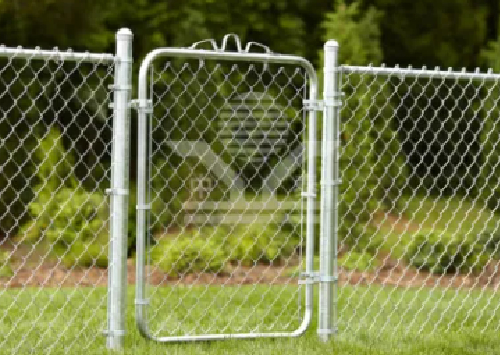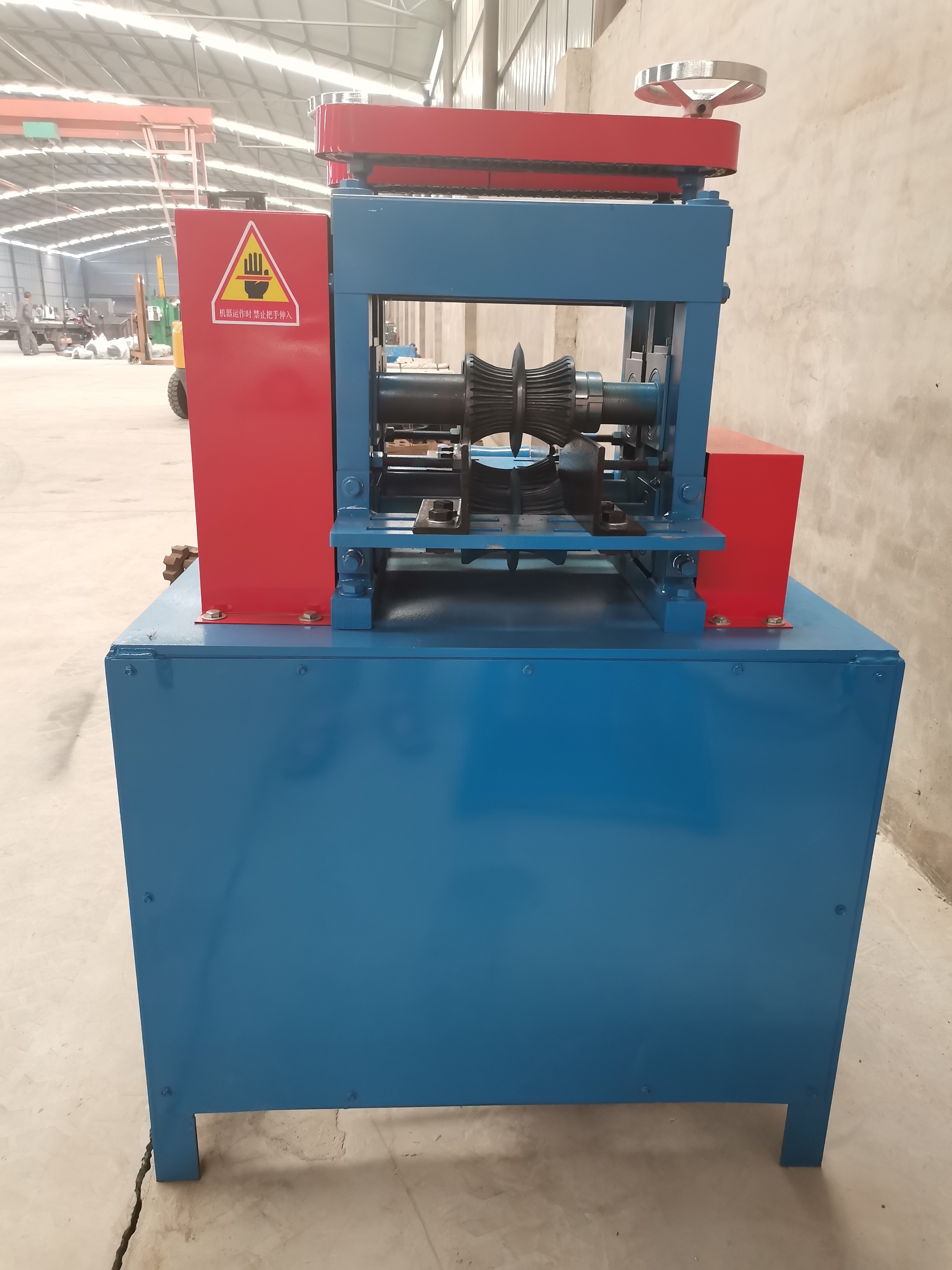Investing in a small shredder for metal can significantly enhance the efficiency and sustainability of metal waste management in both small-scale workshops and large industrial settings. These compact yet powerful machines are designed to process an array of metal materials, transforming waste into reusable resources, and are essential for businesses aiming to optimize their recycling capabilities and reduce operational costs. Drawing from extensive industry experience, here’s an exploration of the advantages, types, maintenance tips, and factors to consider when selecting a small metal shredder.

The primary advantage of using a small metal shredder is its ability to efficiently process metal scraps into smaller, manageable pieces. This not only facilitates easier transportation and recycling but also helps in maximizing the storage space and reducing the overall volume of waste. For businesses focused on sustainability, this is crucial as it directly contributes to lowering the carbon footprint by minimizing waste sent to landfills and promoting recycling initiatives. Moreover, a well-integrated shredding process aids in compliance with environmental regulations, thereby boosting the company's reputation and commitment to eco-friendly practices.
Given their versatile nature, small metal shredders can handle a variety of metals, including aluminum, copper, tin, and steel. The choice between different types of small shredders, such as single-shaft or dual-shaft models, is mainly dependent on the specific needs of the business. Single-shaft shredders are typically used for processing non-ferrous metals and are generally chosen for their ability to produce uniform-sized particles. Dual-shaft shredders, on the other hand, are preferred for tougher metal materials due to their ability to handle larger volumes and produce coarse outputs. Understanding the specific requirements and capabilities of your operation is critical in selecting the right shredder model.

To ensure the longevity and efficiency of a small metal shredder, regular maintenance is paramount. Shredders are subject to substantial wear and tear given the nature of the materials they process. Routine inspection for signs of wear, lubrication of moving parts, and ensuring that blades are kept sharp and properly aligned will prevent operational hiccups and unexpected downtimes. Investing in high-quality replacement parts and adhering to the manufacturer’s maintenance guidelines will not only extend the shredder’s lifespan but also maintain peak performance levels, ensuring continuous output without compromising on safety.
small shredder for metal
When choosing a small shredder for metal, a variety of factors should be taken into account. Power requirements and machine capacity are fundamental considerations. Aligning these features with your business’s operational scale is essential to ensure compatibility and efficient workflow management. Additionally,
evaluating the shredder’s safety features is crucial. Modern shredders often come equipped with automated shut-off systems and overload protection to prevent accidents, thereby fostering a safer working environment. Furthermore, noise levels, ease of use, and the availability of customer support and after-sales service from the manufacturer play a pivotal role in the decision-making process.
In conclusion, a small shredder for metal is an investment with substantial long-term benefits for any business involved in metal processing or recycling. Beyond the immediate financial savings associated with reduced waste disposal costs, the environmental impact and regulatory compliance reinforced by effective shredder use position businesses as leaders in sustainable practice. Backed by expertise in metal recycling and a commitment to maintenance, businesses can rely on these machines to deliver reliable performance while contributing positively to their environmental objectives.
By aligning shredder capabilities with industry needs and adhering to best practices in maintenance and operation, companies can ensure that they not only meet but exceed industry standards, reinforcing their position as both innovators and environmentally responsible entities in the metal processing sector.


